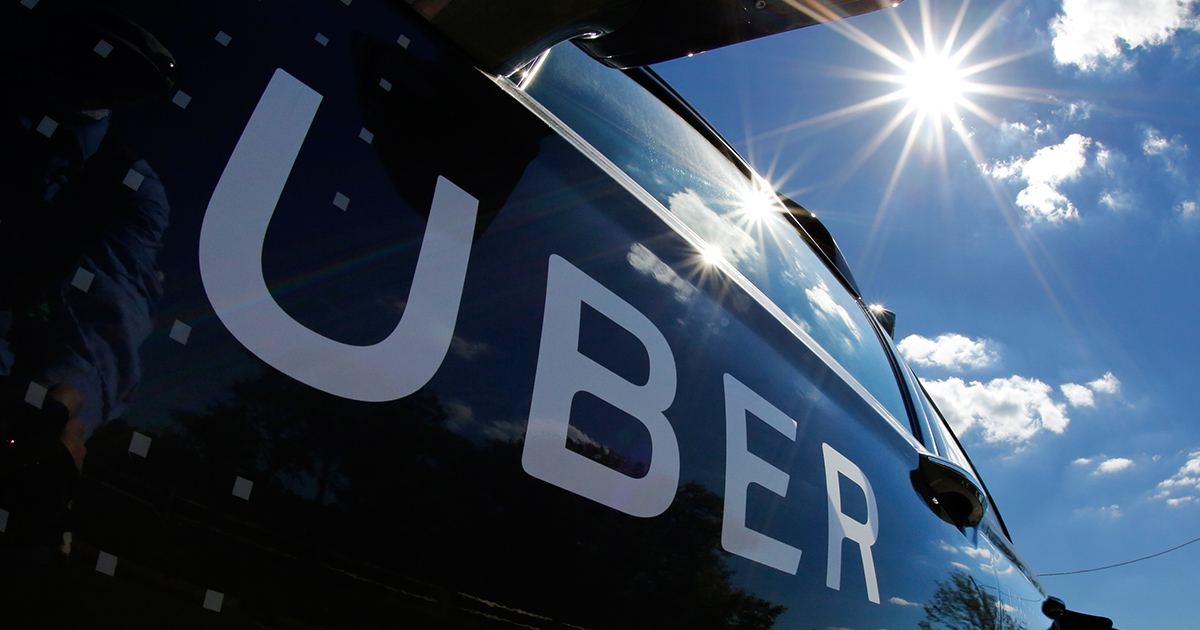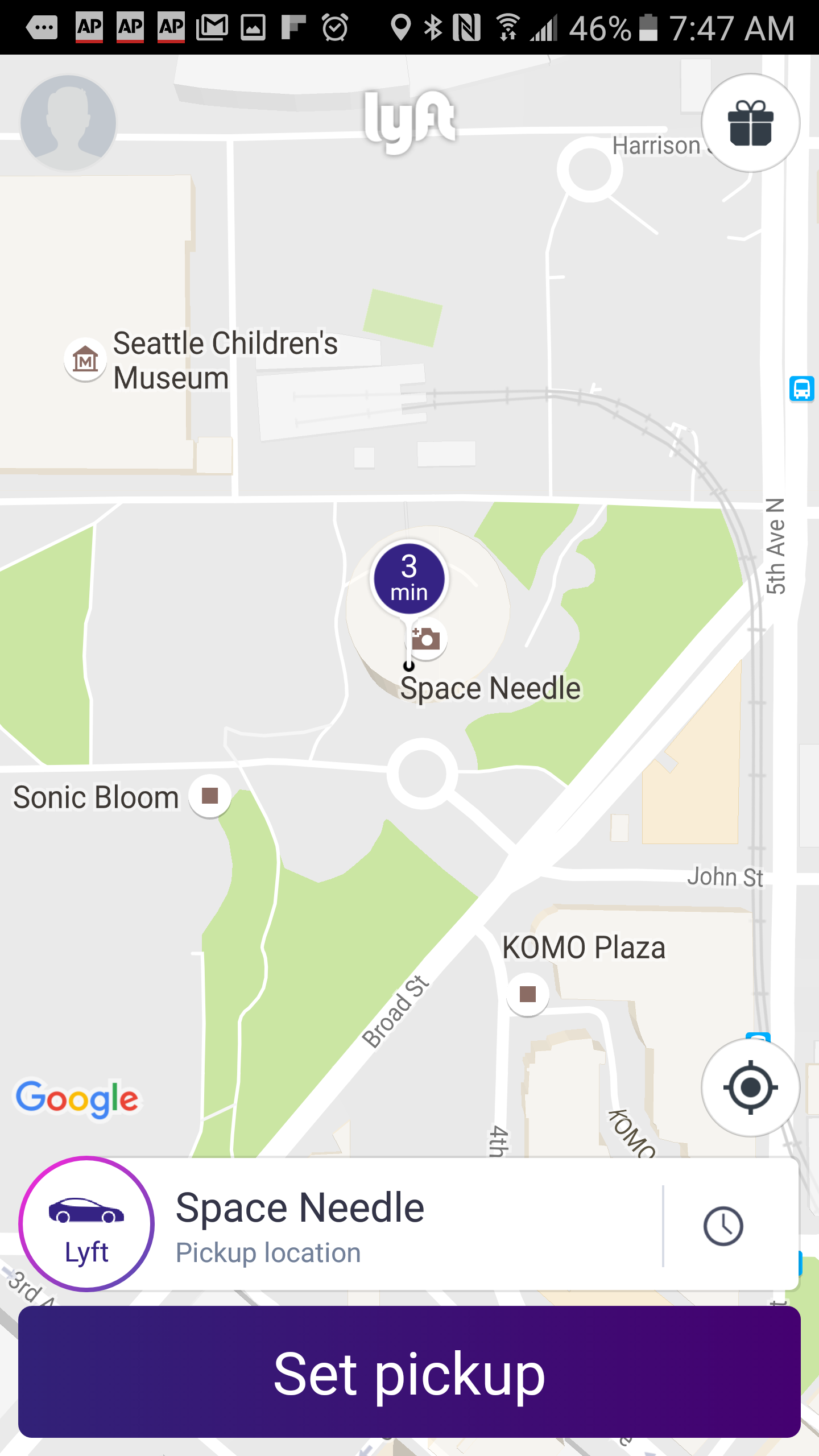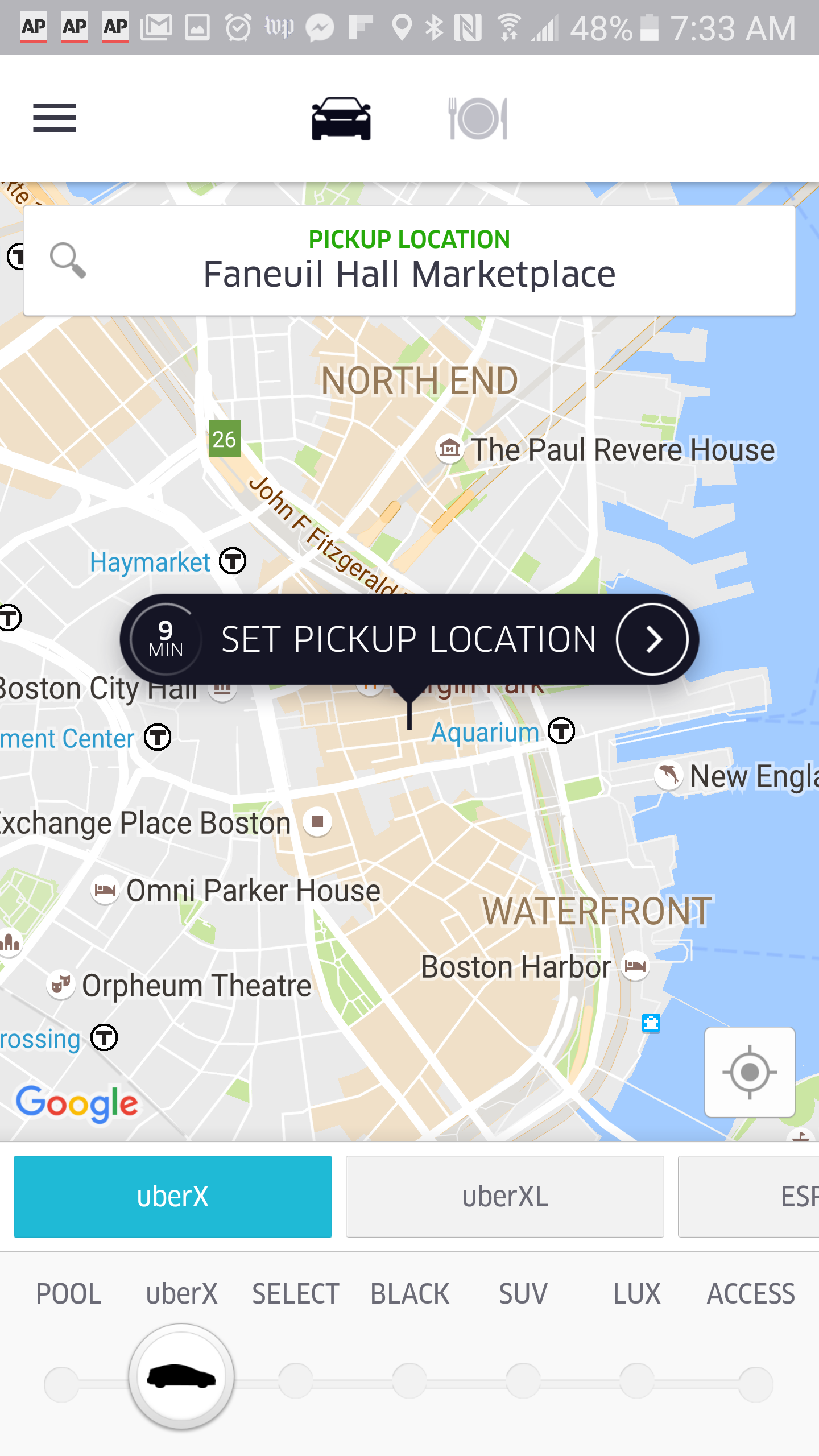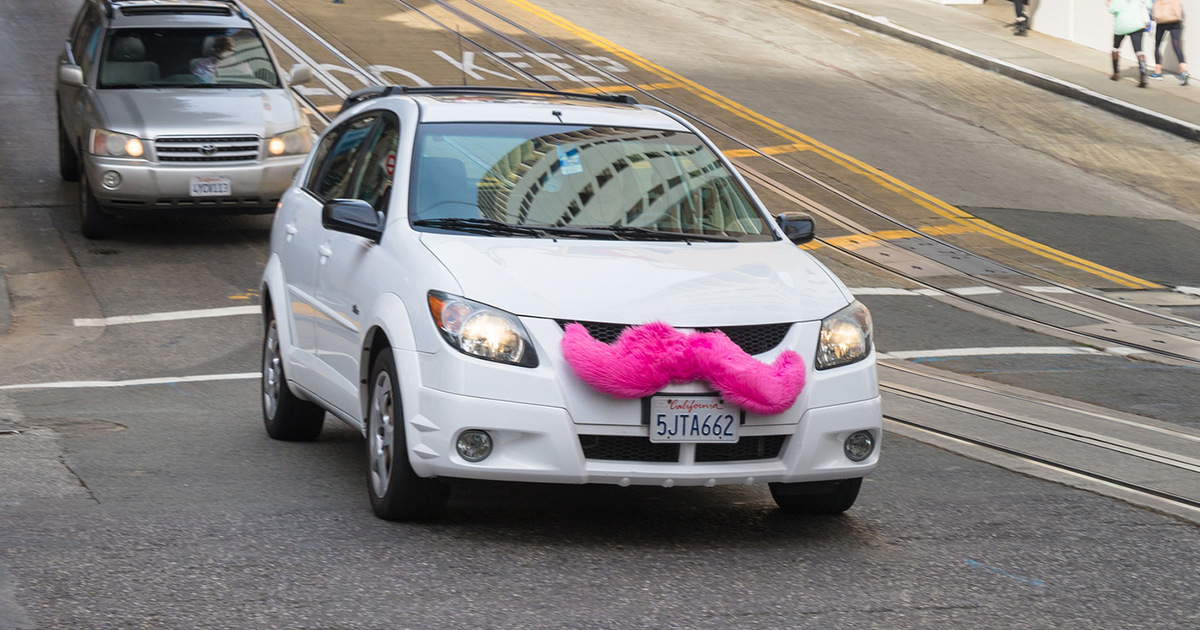A New Study Might Explain Why Uber Takes Longer for Black People

By:
Ride-sharing services are a recent chapter in the story of American transportation, but they could be continuing a long tradition of discrimination. Taxi drivers have a lengthy history discriminating against black passengers, and new research suggests UberX drivers may be doing the same.
 AP/Gene Puskar - apimages.com
AP/Gene Puskar - apimages.com
According to the Washington Post, researchers found that UberX drivers were more than twice as likely to cancel on riders with names typically associated with black people. Further, as the Post notes, passengers who the driver was likely to believe was black waited 35 percent longer to be picked up, and waited up to three times longer if they lived in low population area.
Researchers from Stanford University, MIT and University of Washington conducted the study in Boston and Seattle with the help of research assistants of various ethnic backgrounds.
In Seattle, black research assistants were sent out to record data about wait times and cancellations.
 Lyft - lyft.com
Lyft - lyft.com
For both UberX and Lyft, black riders waited a few seconds more than white riders to have their rides accepted. They waited an average of four seconds more for Lyft and eight seconds more with UberX.
After a ride was accepted, black riders waited 30 percent longer in Seattle to be picked up with UberX than white riders, according to the study. However, in Seattle there was no significant difference in wait times for Lyft.
In Boston, researchers found that acceptance and wait times were not significantly longer for black passengers than white passengers with UberX or Lyft.
However, researchers also tested the rate of cancellation relative to names commonly associated with black people, and found that UberX drivers in Boston were much more likely to cancel on riders with black sounding names.
 Uber - uber.com
Uber - uber.com
"For all passengers on UberX, those using African American-sounding names face more than double the cancellation rate than when the same passengers use white sounding names," wrote the authors.
The researchers also posited an interesting theory as to why cancellation rates were not significantly higher for Lyft passengers with black sounding names.
"On Lyft, which shows drivers a photo of the traveler along with the trip request, the opportunity for discrimination is obvious. With Uber, which shows only a name, and only after a request has been accepted, the opportunity is less obvious. However, it is possible that some drivers might accept a trip request and then quickly cancel it after seeing the passenger’s name, as some Uber drivers have advocated in online forums."
In other words, because a Lyft driver is able to see the names and faces of potential passengers before be he accepts a fare, he is less likely to cancel than an UberX driver, who only sees his fare's name after the ride is accepted.
 Flickr/SPUR - flickr.com
Flickr/SPUR - flickr.com
Rachel Holt, Uber's head of North American operations, told the San Francisco Chronicle that she saw an opportunity to improve in light of the study. "We believe Uber is helping reduce transportation inequities across the board, but studies like this one are helpful in thinking about how we an do even more,” Holt said.
A Lyft spokesman said in a statement to Bloomberg that it's proud of its service to black passengers and that it doesn't tolerate discrimination.
"Because of Lyft, people in underserved areas—which taxis have historically neglected—are now able to access convenient, affordable rides,and we provide this service while maintaining an inclusive and welcoming community, and do not tolerate any form of discrimination," Adrian Durbin, a spokesman for Lyft told Bloomberg.
